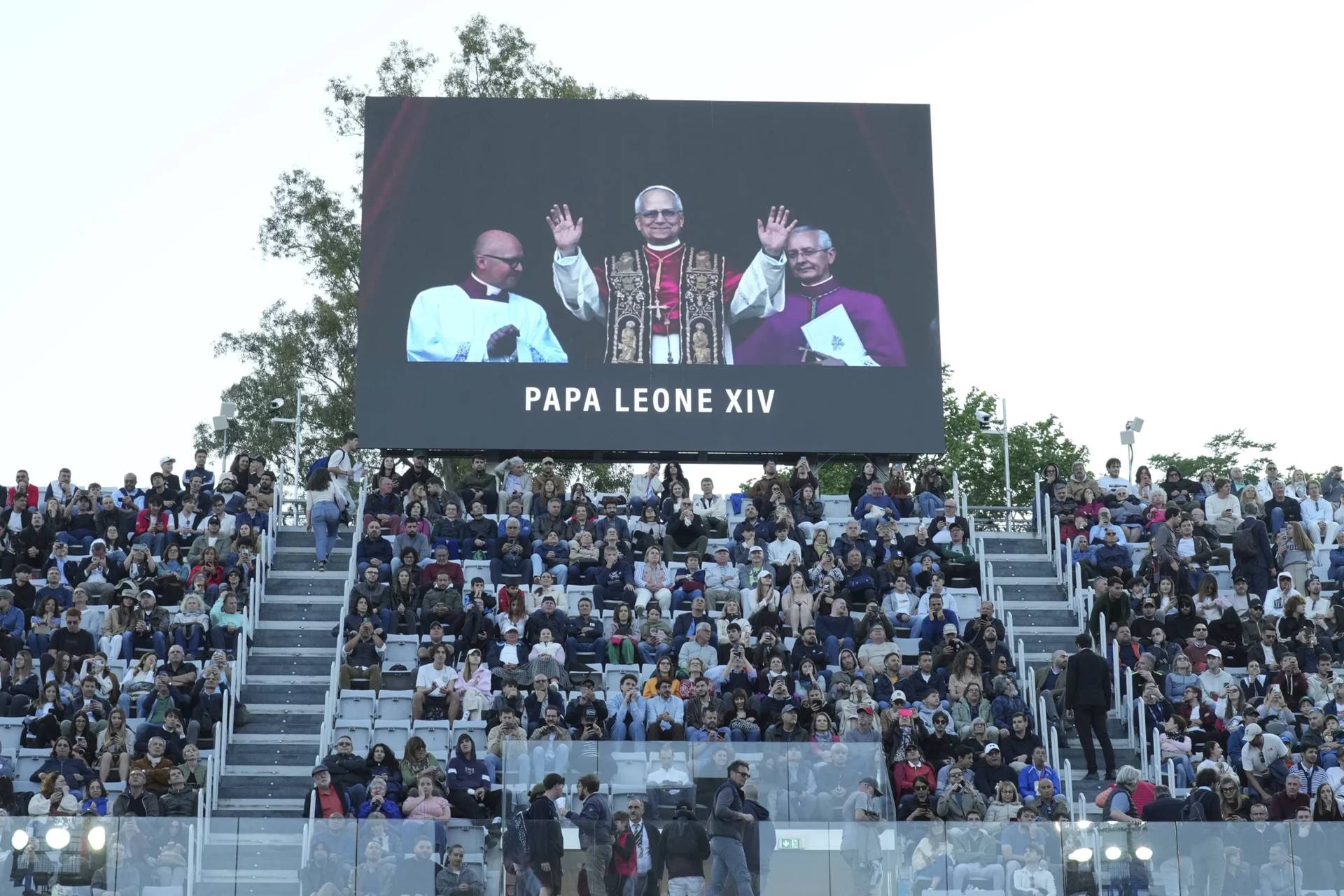CAIRO — The leaders of the world’s Orthodox Christian churches ended a historic gathering on the Greek island of Crete on Sunday hoping to repeat the meeting within a decade, despite a boycott by the Russian church — the most populous in a religion of some 300 million people — and three other churches.
Ecumenical Patriarch Bartholomew I led prayers attended by the 10 Orthodox church leaders who attended to mark the end of the week-long Holy and Great Council — the first of its kind in more than 1,200 years.
Despite decades of preparation, Orthodox leaders failed ahead of the meeting to overcome differences on efforts to reconcile with the Vatican and some doctrinal issues.
Patriarch Kirill of Moscow did not attend, arguing that preparation had been inadequate. The Georgian, Bulgarian and Syria-based Antioch patriarchates also did not take part.
“The proposal was made for the Holy and Great Council to become a regular Institution to be convened every seven or ten years,” the 10 church leaders said in a joint message.
Kirill described the Crete meeting as a preparatory one and called for a new full meeting at a later date. It is unlikely he will accept a decision to make such meetings a permanent acting body. It is also highly unlikely the churches that did not attend will comply with any decisions taken at the meeting.
The issues discussed at the meeting included the mission of the Orthodox Church in the modern world, the Orthodox diaspora, the importance of fasting, marriage, and the relations of the Orthodox Church with the rest of the Christian world.
Unlike the centralized authority of the Vatican over Roman Catholics, Orthodox churches are independent, with Bartholomew considered the first among equals.
The Ecumenical Patriarchate, based in Istanbul in predominantly Muslim Turkey, is frequently at odds with the Russian Church, which represents more than 100 million faithful.
Issues discussed in the council covered topics such as the mission of the Orthodox Church in the modern world, the Orthodox diaspora and how to organize responsibility for its pastoral care, the autonomy of different Orthodox bodies, the importance of fasting, the sacrament of marriage, and the relations of the Orthodox Church with the rest of the Christian world.
Pope Francis, who has a close relationship with Patriarch Bartholomew and who dispatched a senior delegation of observers to the council, praised it on Sunday as a “step forward.”
“I see it as positive,” the pontiff said during a news conference on the papal plane returning to Rome after a three-day visit to the largely Orthodox nation of Armenia.
“It wasn’t 100 percent,” Francis said, referring to the missing churches, “but it was a step forward.”
“It’s like with kids … the first steps are always hard,” he said. “But I’m happy, and I think the results will be positive. They were able to look one another in the face, to pray together and to talk, and maybe there will be some results … that’s positive.”
(Crux Staff also contributed to this report.)















